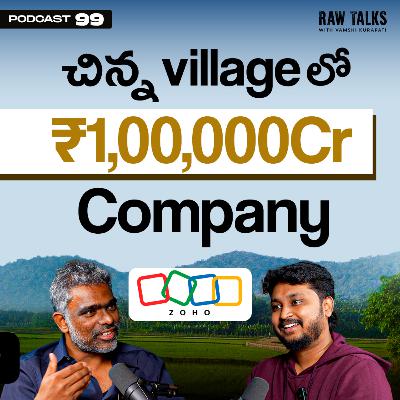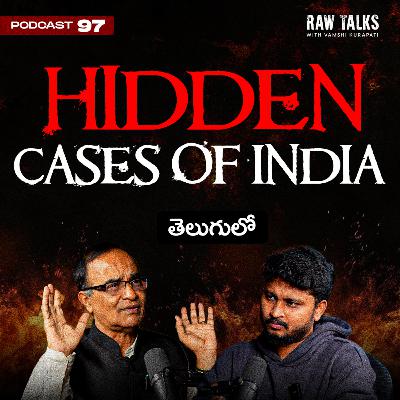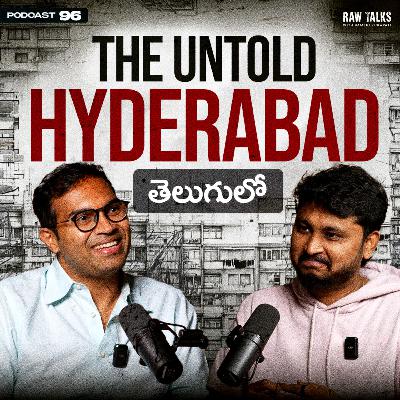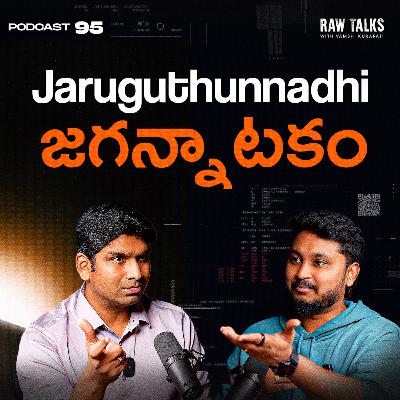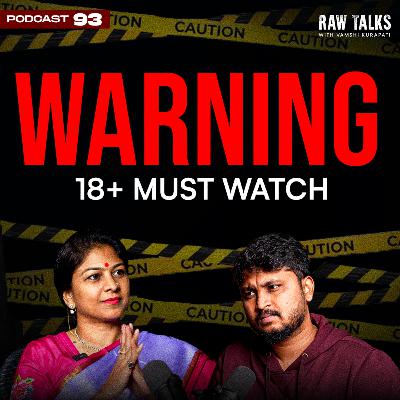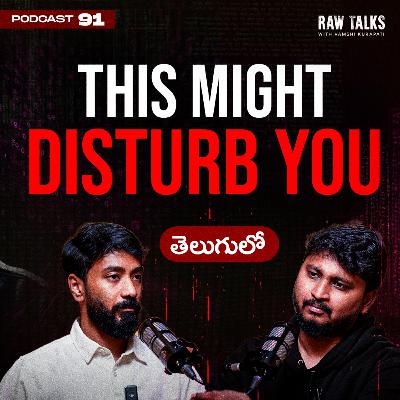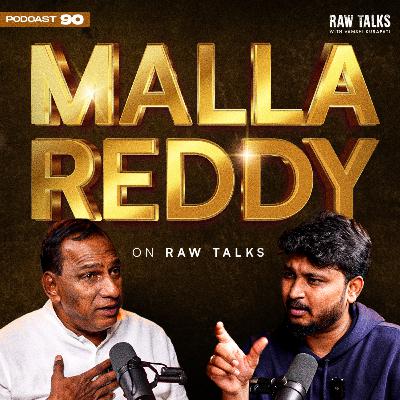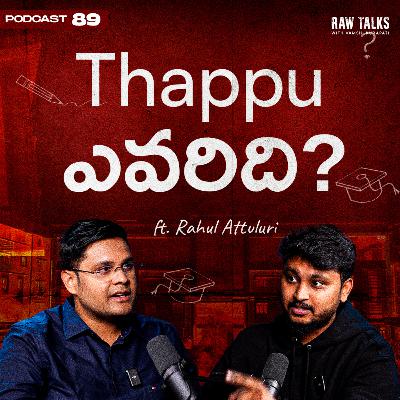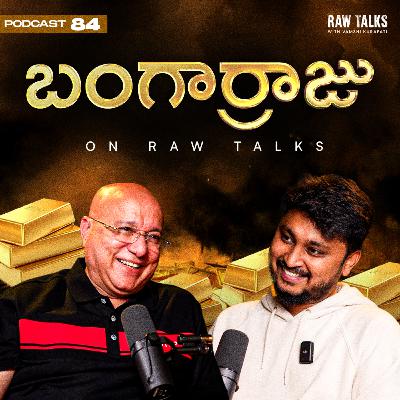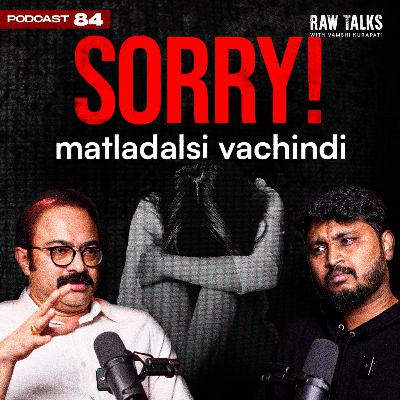Ep-73|⁉️DON’T WATCH IT ALONE ft.Dr. Pavan Mamidi on Death Economics, Manikarnika Ghat, Log Kya Kahenge, Mercy Killing, Gratitude Journal, Loss Aversions & more| Telugu Podcast Raw Talks With VK
Description
Disclaimer: This video is created for educational purposes only. The opinions expressed by the guest are their personal views and do not reflect our stance. We have no intention to defame or harm any individual, brand, product, country, or profession mentioned in this video. Our aim is to provide information to help the audience make informed decisions.
In this telugu podcast episode, Dr. Pavan Mamidi delves into the fascinating and thought-provoking concept of Death Economics, an area of study that examines the livelihoods tied to death, particularly in the context of Varanasi's iconic Manikarnika Ghat. This ghat, a central location for cremations in the city, serves as a platform for understanding how death becomes a part of the local economy. Dr. Mamidi shares his unique experiences conducting seminars on Death Economics at this revered site, providing a rare perspective on how livelihoods and death intertwine, particularly within the Dom community, the caste historically tasked with cremation duties. Through these discussions, Dr. Mamidi explains how such a community has managed to develop sustainable livelihoods from death rituals, despite societal challenges and opposition.
One of the more profound themes discussed in this episode is the general societal reluctance to talk about or even think about death. This avoidance, Dr. Mamidi argues, can lead to a disconnect with the natural process of life. By exploring the practices at Manikarnika Ghat, he provides an eye-opening look at how death is normalized in this community. He shares that many cremations occur here daily, but this becomes almost a routine, something the people have learned to cope with over generations. Dr. Mamidi also reveals his personal experience of living among the Dom community and reflects on the cultural ignorance surrounding death in broader society. He discusses how this ignorance has significant consequences, including the common reluctance to write wills, which often causes additional complications for families when someone passes away.
The podcast also clarifies the difference between Kashi and Varanasi, often misunderstood terms that refer to different aspects of this ancient city. While Varanasi is the bustling, sacred hub of life and death, Kashi is often considered the spiritual essence of the city, transcending the physical world. This distinction forms the foundation for discussions on the economy of death, touching on stories like that of the abandoned woman who highlights the intersection between poverty, gender, and death.
One particularly fascinating part of the episode dives into the rituals that are central to Indian society. Dr. Mamidi shares how many rituals originate as coping mechanisms for life’s uncertainties, and how an intercaste wedding led to the rise of a particular ritual. He delves into the psychological underpinnings of why people pray, often only when they need something, and offers his personal perspective on karma and God.
The final section of the podcast delves into Dr. Mamidi’s professional journey as a behavioral scientist, highlighting his work in policy making and nudge theory. His experiences with social campaigns such as the Mask Campaign, tackling toxic masculinity, and working on policies for child nutrition are shared in great detail. Dr. Mamidi examines how small behavioral changes can have a huge impact on societal norms, citing numerous examples such as the Swacch Bharat campaign, the Pepsi case study, and the Ketchup example.
In the end, the podcast encourages listeners to think critically about social norms, and the impact of media on behavior change. Dr. Mamidi also reflects on the importance of recognizing loss aversion, and how it shapes our decisions. Ultimately, he challenges listeners to reconsider their views on life, death, and the rituals that shape our culture.


